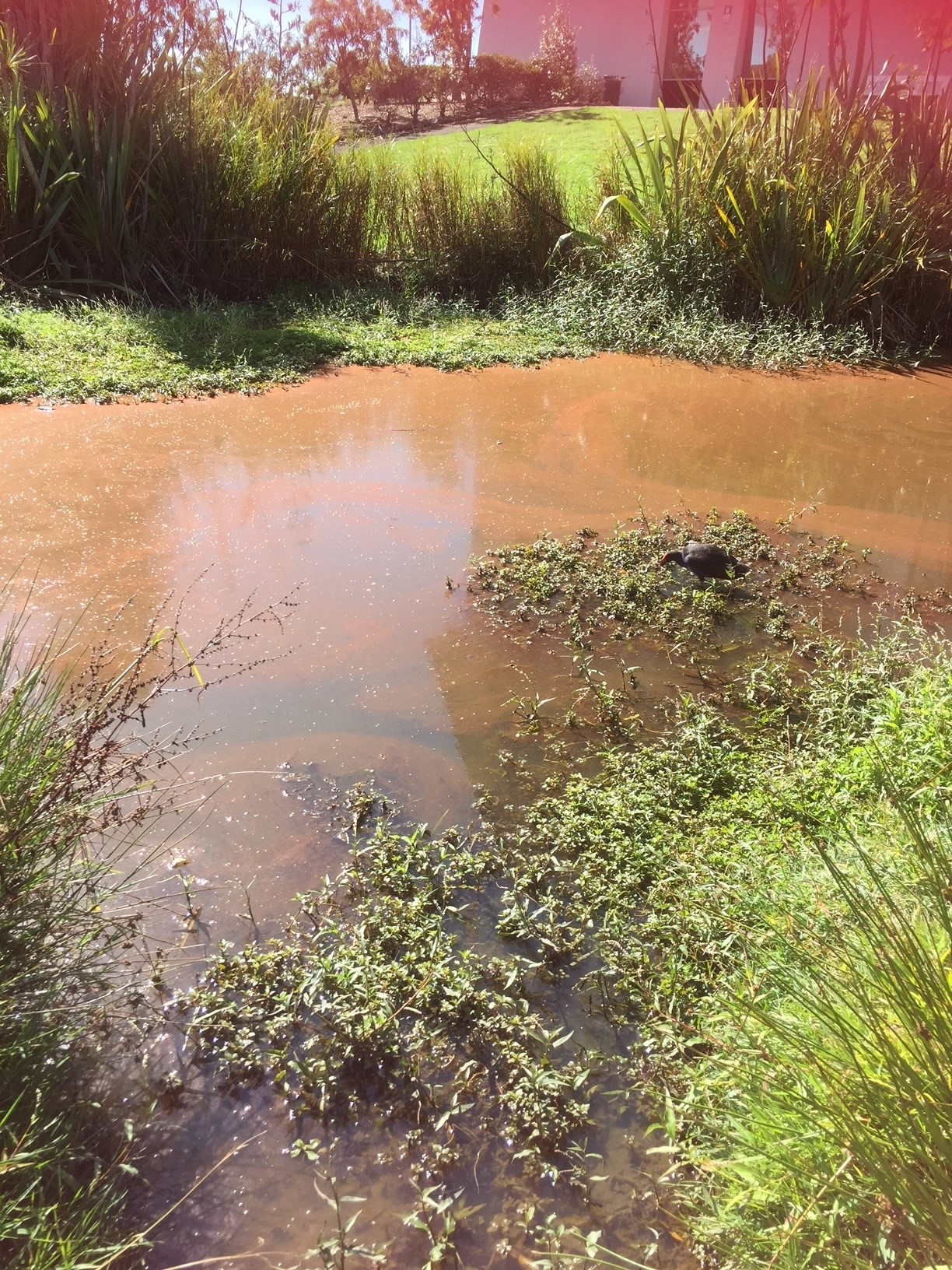
Enforcement action can be taken against a wide range of parties to environmental non-compliance including contractors and property and business owners. The actions taken may include issuing abatement notices and seeking enforcement orders. If these do not resolve the issue, or if the matter is particularly serious, a prosecution for environmental a potential outcome.
The Environmental Protection Authority (EPA) also has enforcement powers under the RMA and may take enforcement action if a council does not, with or without council agreement.
What is an abatement notice?
An abatement notice is a formal notice that is served on a person by a council or the EPA under the RMA. It requires the person served with the notice to stop or not commence any action that contravenes the RMA, or environmental and planning regulations, or the terms of a resource consent, or which is likely to have an adverse effect on the environment.
An abatement notice requires that action is taken to comply with the notice within the period of time specified in the notice. Non-compliance with an abatement notice is an offense under Section 338(1)(c) of the RMA.
What is an enforcement order?
An enforcement order is an order made by the Environment Court to compel a person to comply with the provisions of the RMA, a rule in a plan, or the terms of a resource consent. An enforcement order may be issued on terms that the Environment Court thinks fit. It may have a wide scope and require a person to cease or undertake an activity, pay money, or reimburse others for their costs. Breach of an enforcement order is an offense under Section 338(1)(b) of the RMA.
What is a prosecution under the RMA and what are the potential penalties?
A prosecution is when a criminal charge is laid against a person or organisation (who is called the defendant) and is dealt with by a court. Prosecutions under the RMA are at District Court level and heard by a judge with a specialist Environment Court warrant. Most RMA offences are strict liability, meaning that the prosecutor (i.e. the Council or the EPA) does not need to prove that the defendant intended to commit the offence.
The potential penalties for offences under the RMA vary depending on the severity of the offence. The RMA expressly provides for fines, enforcement orders, and imprisonment in some cases. For individuals, the maximum penalty for offending is a $300,000 fine or a sentence of imprisonment of two years.
For companies the maximum penalty on conviction is a $600,000 fine. However, the actual fine imposed in any given case be considerably lower than this. There are several ways in which fines are reduced. For example, factors such as a defendant’s conduct, level of remorse, taking responsibility for remediation any environmental damage, may be taken into account as mitigating factors that reduce the level of a fine.
What should I do if the Council asks me to attend an interview?
If you have been asked to attend an interview with the Council for an RMA enforcement matter, it is important to understand the purpose of the interview. The interview may be conducted to investigate an alleged breach of the RMA or to gather information that is preliminary to enforcement action being taken.
What should I do if served with an abatement notice?
It is important to understand your obligations and options. In many cases the best course of action will be comply with the abatement notice to the best of your ability within the required timeframe. However, councils do make mistakes and in some cases it may be advisable to appeal an abatement notice and seek a stay, meaning that compliance will not be required until the appeal is resolved.
Because failure to comply with an abatement notice can result in prosecution and conviction for environmental offending, this is something that needs to be taken seriously.
What should I do if served with an application for an enforcement order?
It is again important to understand your obligations and your options. The terms of the enforcement order may potentially be something that you could have input into. It may be advisable to negotiate and agree to an enforcement order that you are in a position to comply with. This may require you to instruct experts in environmental disciplines to support your position.
If you need advice on any of the issues raised in this article, please contact Joanna Beresford | Environmental Partner | 021 114 1277 or Geoff Beresford | Litigation and Insurance Partner | 0277 396 896
Disclaimer. The information in this article is intended to provide a summary of the topic covered and is for general information only. It is provided without charge, is not comprehensive, and does not provide legal advice or other advice. Please seek independent advice before acting on any information in this article.
